15 of the Smallest Pets - Newsweek
There are many pets that are low maintenance and perfect for those who don't have the time to properly look after a small cuddly dog or cat.
These 20 small pets make great companions for everyone who longs for a pet, some are quite unusual and not very affectionate but all of them are great company regardless of whether they enjoy being held or not.
Axolotl

A salamander originally from Mexico, it can be found at pet stores that specialize in fish and amphibians. They live in freshwater and need frequent water changes, they also manage well in a small tank.
In the U.S., axolotls are illegal to own in California, Maine, New Jersey, Virginia, and D.C., while a permit is required in New Mexico and Hawaii.
Chinchilla
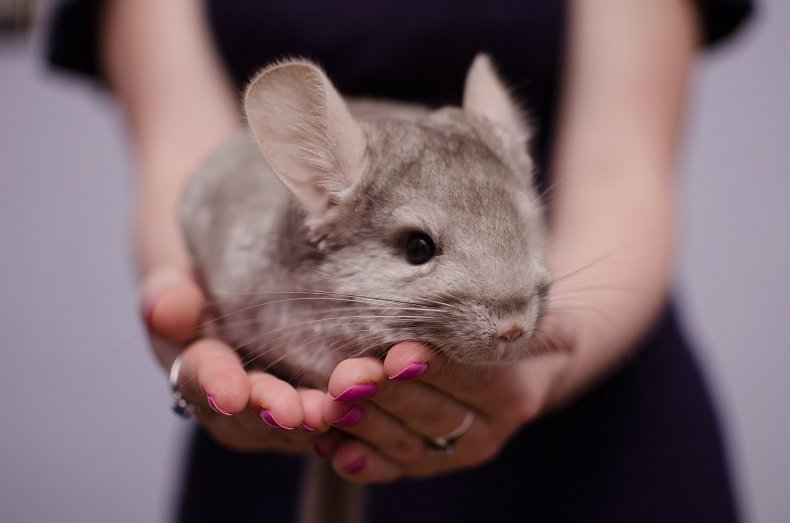
These fragile and sensitive animals have an expected lifespan of about 10 to 15 years and can reach 12 inches in length, with females larger than males. These furry creatures have a soft, velvet-like coat of hair that comes in a diveristy of colors.
Chinchillas are not high maintenance and have zero body odour. Chinchilla males are best kept in pairs of two and female can be kept in solitary.
Zebra Finch
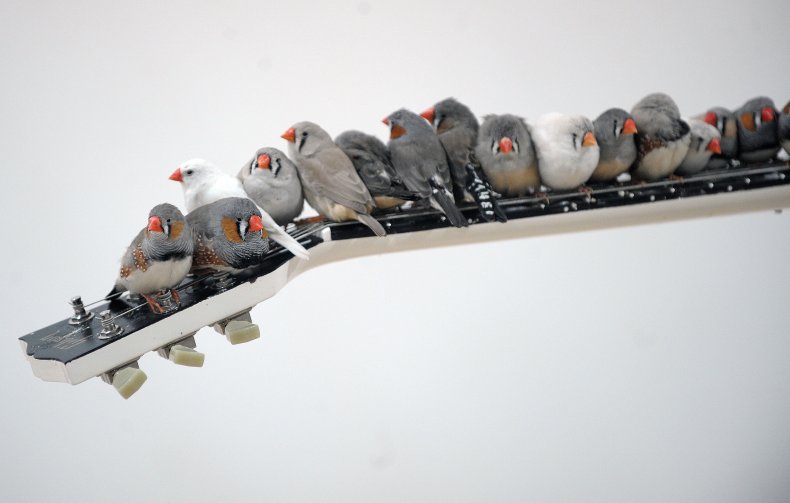
The most popular among finch birds, they are small and short-lived and do not need that much care. Even though they are very small they do require a large cage, to fly and, like all finches, they are social so must be kept in pairs.
They probably won't be interested in their owners like other pets, but they are beautiful colourful birds and a lot of fun to watch.
Cockroach
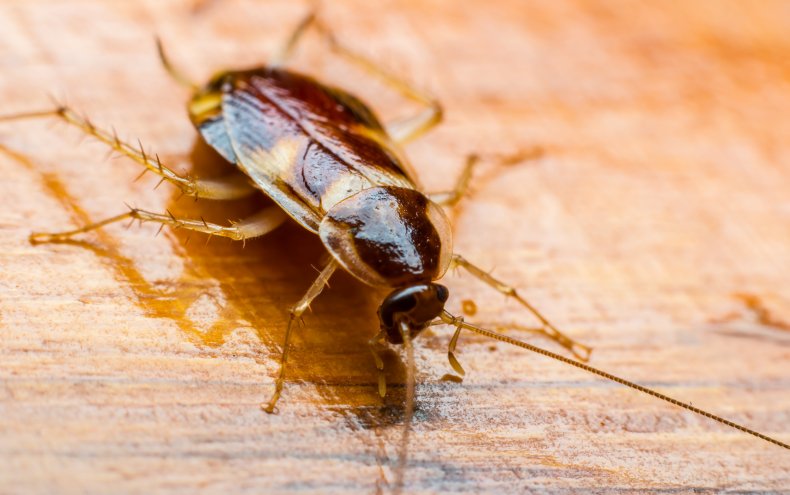
Keeping cockroaches might not be everyone's idea of a good time, but the tough insects are nonetheless impressive. They can live up to a week without their head, up to three months without food, and a month without water.
Species commonly kept as pets often have great names, including: the Madagascar hissing cockroach, the death's head cockroach, the Indian domino cockroach and the Cuban or green banana cockroach.
Don't expect the love and devotion of a dog but they are really easy to maintain. Also, they won't hurt you as they don't have mouthparts that can bite.
Dart Poison Frog
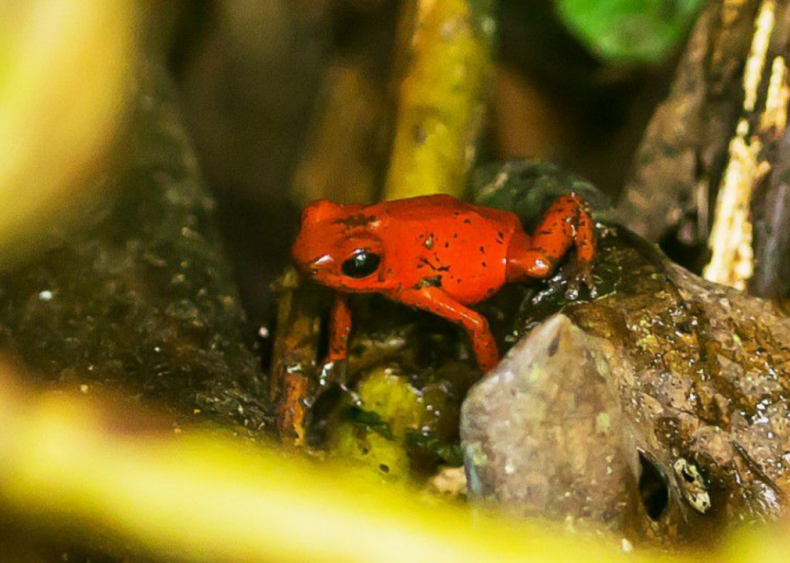
Sometimes known as simply "Dart frogs," they are a small species reaching about 0.75 to 1.5 inches (20 to 40 millimeters) in length. These frogs are the among the most brightly colored in the world.
Their toxicity comes via their diet, with many of its insect prey eating plants that contain toxins. Wild poison frogs are toxic, but the same doesn't apply to those in captivity as long as their diet consists of non-alkaloid containing insects.
Dwarf Seahorse
The dwarf seahorse is the third smallest seahorse species in the world. It is found in seagrass beds in the Gulf of Mexico, the Atlantic Coast of Florida, and the Caribbean. These beautiful creatures reach approximately 1 inch (2.5 centimeters) in size and have an expected lifespan of one year.
Guinness World Records names the dwarf seahorse as the slowest-moving fish known, with a top speed of about 5 feet per hour.
Millipede
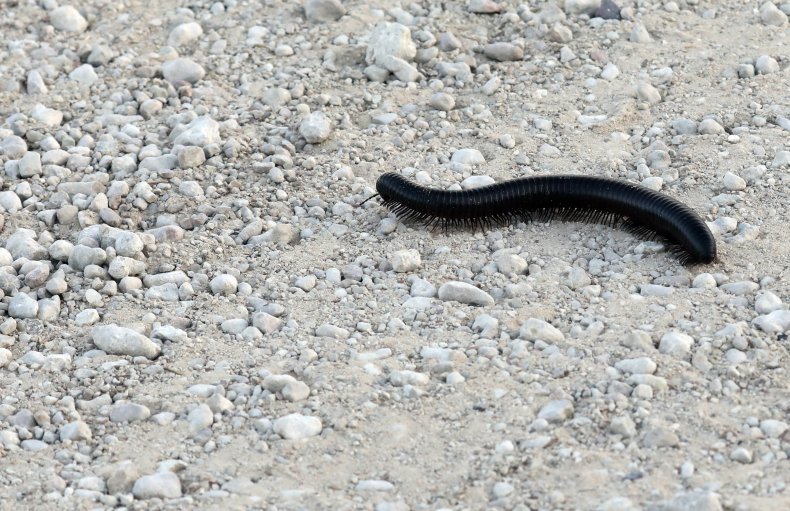
The African giant millipede is the millipede species most commonly sold as a pet. They can reach up to 13-inches long.
These arthropods are herbivorous and can eat fresh fruits and vegetables.
Gerbil
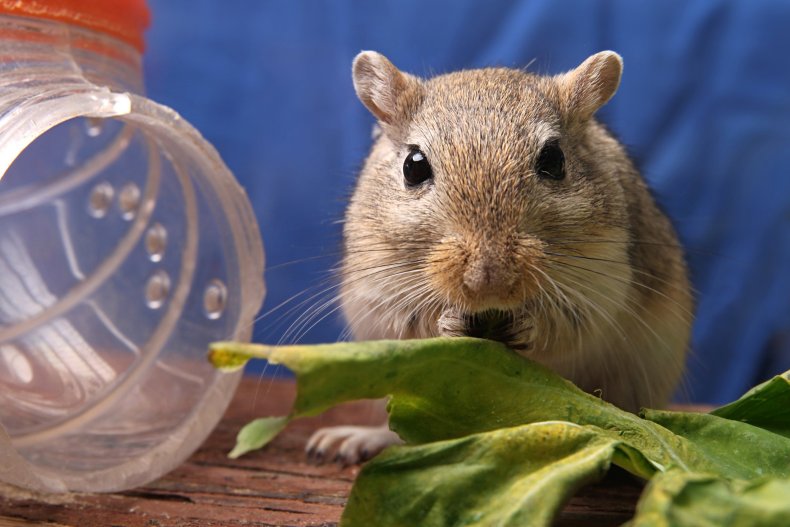
Gerbils are delicate, group animals and ideally you need to keep them in groups of two to four. Their lifespan is just a bit longer than a hamster, around 3 to 4 years. Unlike hamsters, gerbils are awake during daylight hours.
Gerbils are illegal to own as pets in California and Hawaii.
Guinea Pig
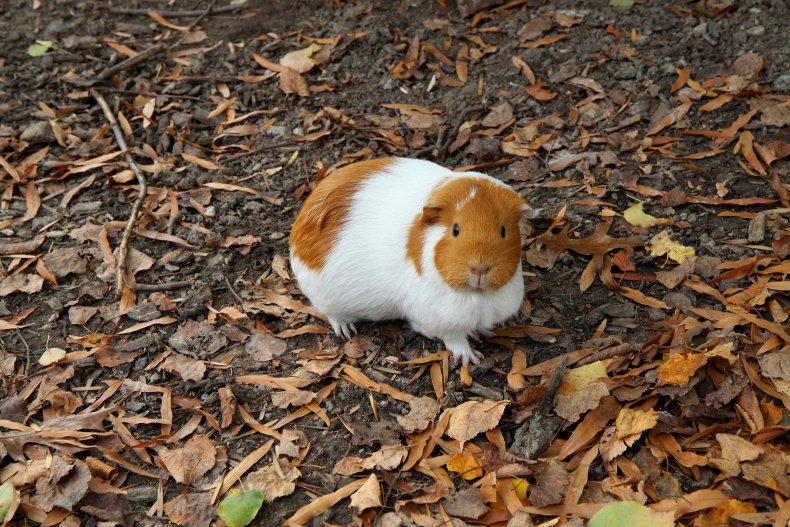
Guinea pigs are pretty low maintenance needing a terrarium with sawdust and a diet of commercially available pellets, hay and occasional vegetables and fruits.
Many consider them to be the most sociable of all rodents, and they generally appear to love the company of their owners and other guinea pigs.
As adults, they can between 8 and 12 inches from nose to tip of the back. Their expected life span is between 5 and 10 years.
Hamster
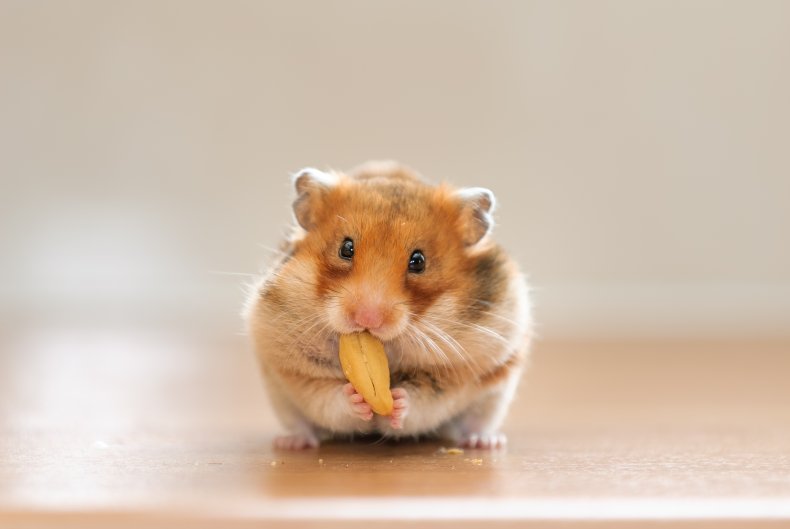
Hamsters are delicate, friendly and sociable rodents. They need a large cage with some exercise wheels as they are self-entertaining, active and solitary by nature.
They are nocturnal so will sleep for most of the day. Unfortunately, these cute rodents have a short lifespan of 2.5 to 3 years.
Hermit crab
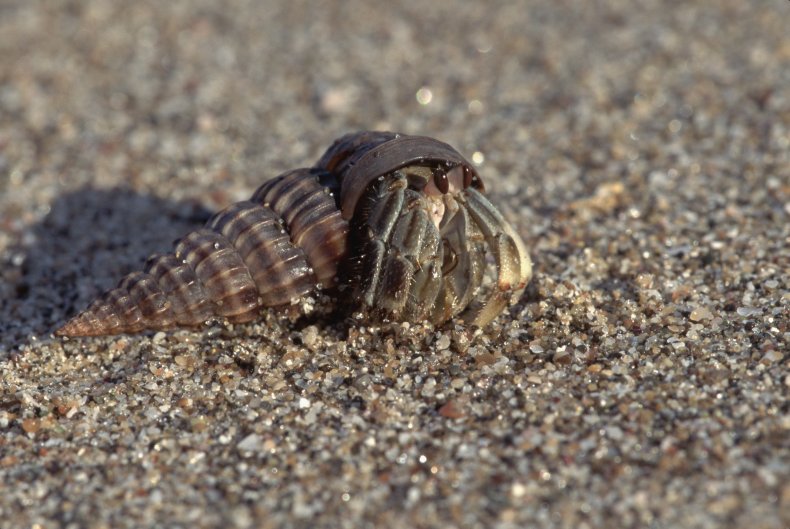
The hermit crab is an unusual pet that requires careful maintenance.
They don't enjoy the same food twice in a row so need something different every time. Your pet hermit crab will also need an aquarium with sand and some stones for them to climb and play with. Calm and quite social, the hermit crab can be kept in groups of three or four.
Lizard

Lizards are shy and not very demanding pets. If they are grown in the right environment, their life expectancy can be up to 20 years. The bearded dragon is one of the most popular lizards amongst pet owners, which can also be therapy pets because of their chilled nature and laid-back behavior.
Pygmy Hedgehog
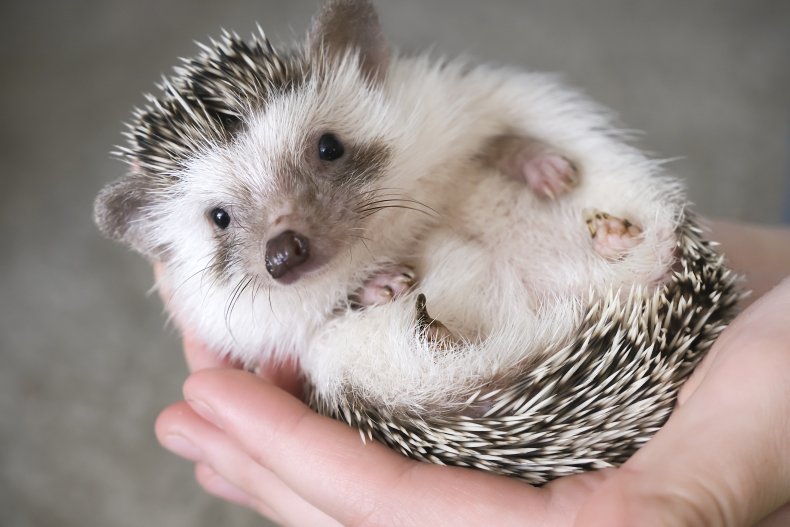
African Pygmy hedgehogs make fantastic pets. These cute mammals can weigh up to 300 grams, and are extremely sociable, docile and undemanding.
They will need regular baths with lukewarm water because they can be prone to catching diseases. Domesticated species prefer a warm climate and do not naturally hibernate, so after you bathe them, dry them and keep them nice and warm to prevent hibernation.
It is legal to keep African pygmy hedgehogs as pets in most U.S. states.
Scorpions
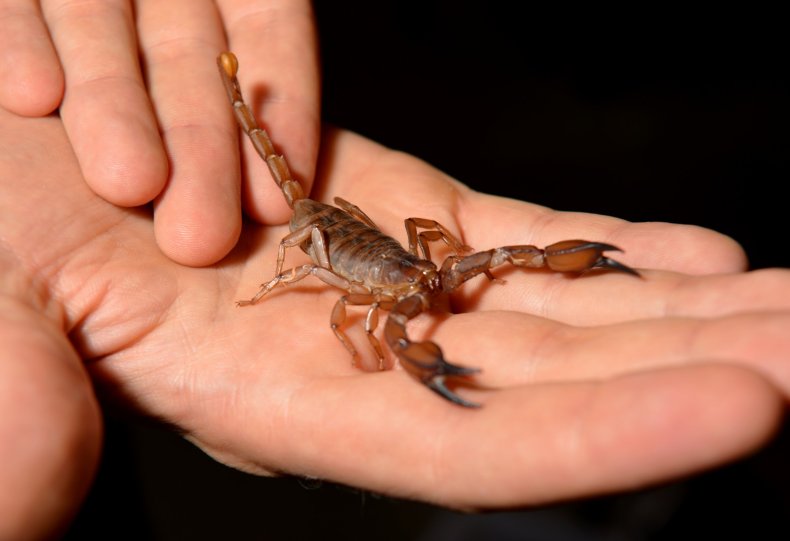
Scorpions are pretty low maintenance: all they need is food, water and a clean tank with the right amount of humidity and temperature.
However, they might not be for everyone. A scorpion's stinger can release venom, which contains a mix of toxins that affect the nervous system.
Owning a pet scorpion is legal in most states.
Tarantulas
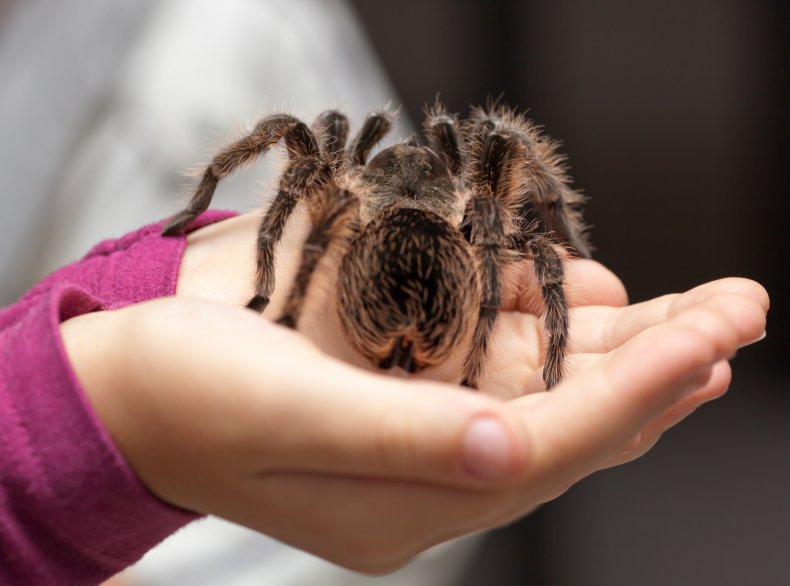
These active and hairy spiders are usually submissive but do have a venomous bite, so need to be kept in a secure enclosure.
In the last few years, having a tarantula as a pet has become increasingly popular in the United States; however, keeping them as pets is illegal in Florida and Hawaii.


Comments
Post a Comment